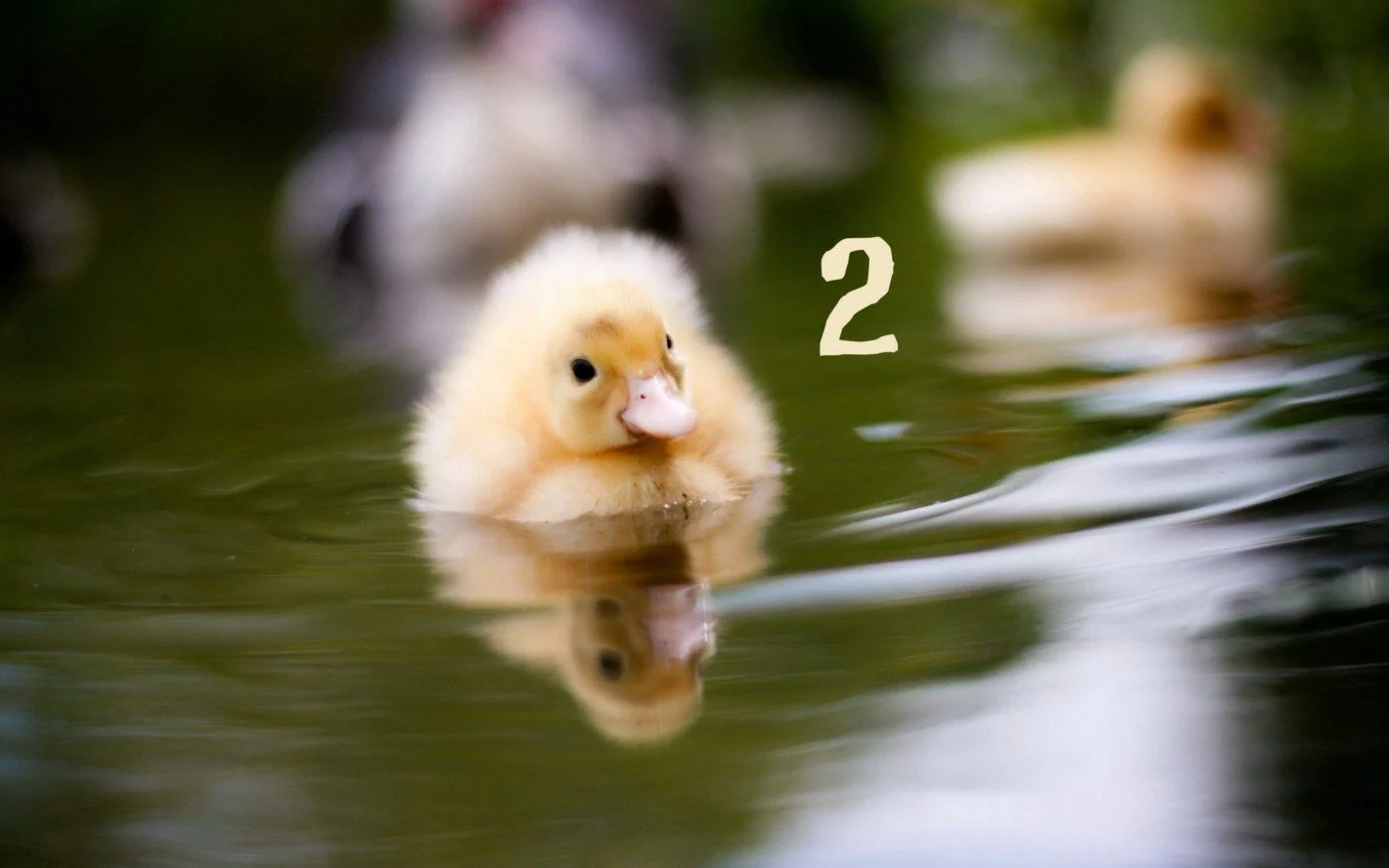(I wrote this a few years ago after a mediation I went through with someone in another community)
Whenever we witness a conflict between two people, one of the most difficult things to do is to establish what is actually happening between them.
Mostly, it’s impossible.
You might be unlucky enough to speak to one person first and hear them speak of the other person in the most demonizing ways they can. And this will play into any biases you already have about any group they might appear to be a part of.
What happens when the person being demonized is a man? How easy is it to perceive them according to the new narratives emerging about them? About us?
I’ve spent 30 years digging deep into myself around this, from the time I was with my first and second girlfriend, both having been assaulted and abused by men. And during these years, I explored not only the ways there might be such a dangerous man inside of me, but also the ways he might be inside of other men.
30 years of exploring my own misandry.
Because yes, we men are capable of such things.
But not because we are men.
Over the years, I learned that violence, awfulness, and abuse are not just the domain of men, they are the domain of humans.
And women are just as capable of such things. It may look different, but there’s no less primal and tribal capacity for such things in them. Not that the current narrative about women would allow you to see this. No, patriarchy is all about men… and those who raised them. Right?
Everyone can be awful. Or awful to each other. And the more I explore the nature of conflict, the more I realize this. Whatever the reasons are--self-preservation, safety, reason, protection, morality, purpose, etc--we are capable of exacting really awful things on each other even while we believe we are doing good or well or right or simply the best we can.
The mistake we make is to believe we have risen above this limbic pit.
We haven’t.
All I can say is this: conflict arises when we can’t find a better way, when we don’t understand, when we’re mislead, when we’re unable to really get what’s happening on the other side. So we make assumptions. We judge. We call out. We dismiss. We hate. We demonize. We abandon all hope and throw away the key.
And the result is, we go deeper into our judgment that the other person is *so* other that they are no longer allowed to exist. Or be. Or have their own life where they get to find their way back to the light from whatever dark mess they found themselves in. From whatever mess WE found ourselves in.
Because we aren’t any better. At one point or another we have been or will be in the same place, where others will demonize us and say they are correct about our demon blood, and we’ll hopefully remember that this--their view--is just a small window into our world, that there’s a whole lot more to us than they believe. And if we’ve been in the muck before, we’ll just thank them, acknowledge our darkness, and ask them to show us their demons.
And we’ll finally see each other as we hate each other.
But if we don’t kill each other then, there will be one more step. The impossible step.
Hate and love--or at least compassion, understanding, and generosity-- aren’t that different from one another, but it’s a bit of a mind and heart fuck. It’s available when we know their darkness and our darkness isn’t that different even though it is unique and personal. Their suffering and our suffering. Their shadows and our shadows.
This is why the path of mediation works.
Because it allows us to go beyond the competition of “what happened” into the messy reality of how it felt, how it messed with us, and of how it happened in the first place if the mystery of it isn’t so deep in our shadows that we can bear to feel into the truth of who we were and probably still are in it.
Because the path of mediation is a path of intimacy with those we would rather keep separate from us.
Because the path of mediation is a path back to our own inner monster.
To connect with him and to get to know him a bit better. So that he no longers drives us.
So that we can finally work together and integrate him.


















